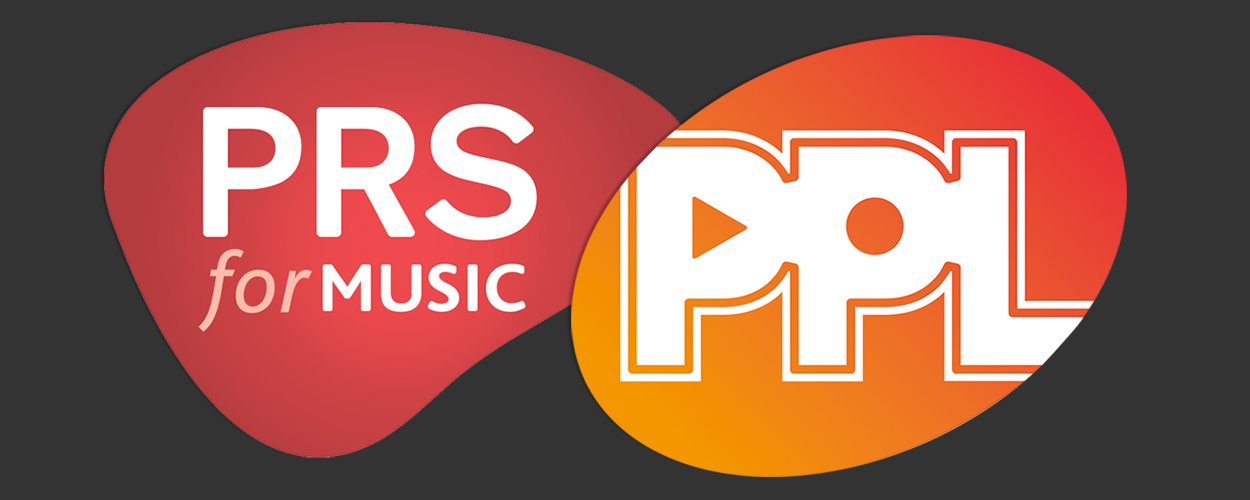This website uses cookies so that we can provide you with the best user experience possible. Cookie information is stored in your browser and performs functions such as recognising you when you return to our website and helping our team to understand which sections of the website you find most interesting and useful.
Business News Labels & Publishers
PPL and PRS expand pilot using music recognition tech to improve club reporting
By Chris Cooke | Published on Thursday 20 July 2017

Collecting societies PPL and PRS For Music have confirmed that they are expanding a pilot project to test the use of music recognition technology in clubs, pubs, bars and hotels to monitor what music is being played in those spaces.
Any business playing music needs licences from the music industry covering both recordings (PPL) and songs (PRS). The royalties paid by such businesses are then, in theory, passed back to the artists, labels, songwriters and publishers whose music is played.
Though, of course, the tricky challenge has always been, how do the collecting societies know what tracks and songs have actually been used? Compromises have always had to be made, as tracking every single recording ever played in public would cost more than the monies being paid by public performance licensees. Though quite how any one collecting society decides to distribute this income has always been a little controversial.
In more recent years, pretty much ever since Shazam gained momentum, some have argued that there is now a technology fix to this reporting problem. And it is that possible solution which this pilot is testing, with PRS and PPL working with DJ Monitor to identify the music being played in some of these public spaces. The societies say the pilot began late last year and has now been rolled out to more venues.
The need for a more technical approach to monitoring what music gets publicly played has been particularly debated in the clubbing and dance music communities. Some dance acts have argued that clubs are key users of their music, but weaknesses in reporting in this domain mean that they are probably missing out on royalties. And some club promoters have questioned whether the royalties they pay into the collective licensing system are really reaching the artists and producers whose music they rely on.
A number of key club venues are involved in the PPL/PRS pilot, including Fabric, Ministry Of Sound and clubbing chain The Deltic Group.
The CEO of the latter, Peter Marks, has welcomed the pilot, saying: “Music is the very heartbeat of our business and it’s in our interest to see that talented artists are rewarded for their creations. With online streaming and other digital technology, it’s increasingly difficult for songwriters and musicians to make a living from their creations, so anything we can do to help and attract and support the latest local talent has to be a good thing”.
Meanwhile PPL’s Head Of Distribution, Russell Chant, says: “We are pleased with the progress being made with the ‘music recognition technology’ pilot, and working with established brands and premises on British high streets will give us greater insight into the music being played in bars and clubs around the country. The readiness of all participating venues to install the recognition devices is a positive move for the recording rightsholders and performers whose music is being played”.
And at PRS, Karen Buse adds: “We are delighted to have the support of venues across the UK participating in this pilot. We look forward to working with the clubs to gain insight into how technology could help ensure the right people are paid for the music that keeps clubbers coming in”.





